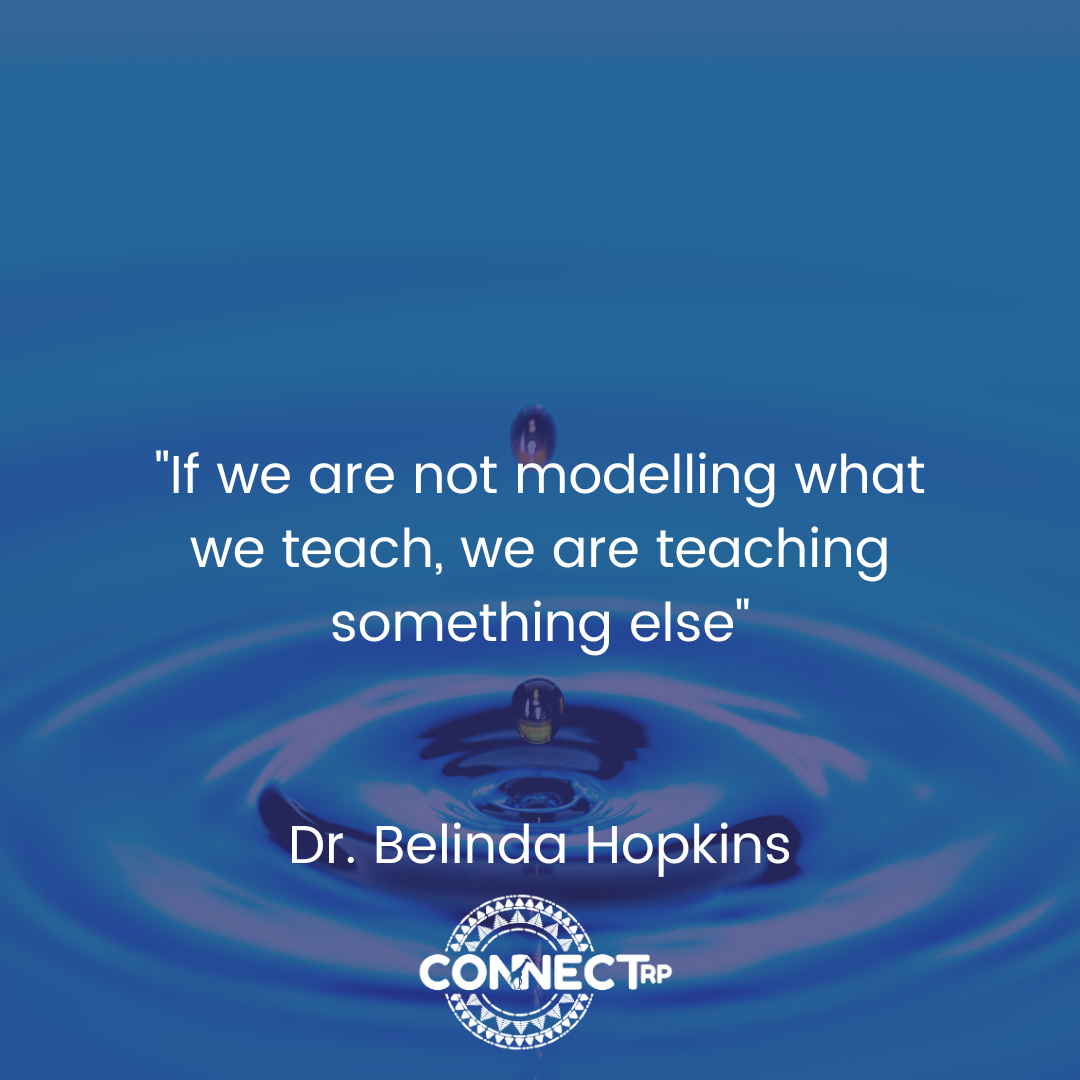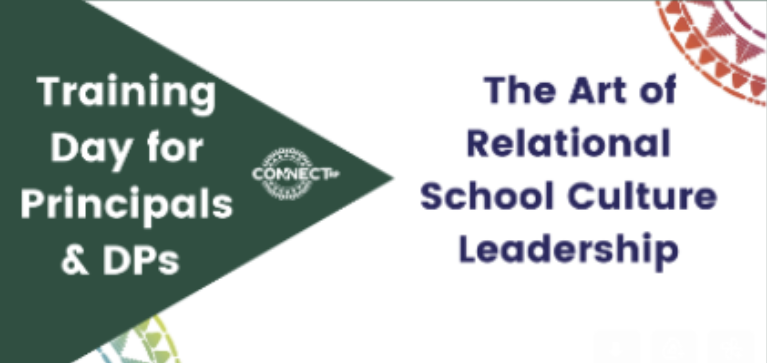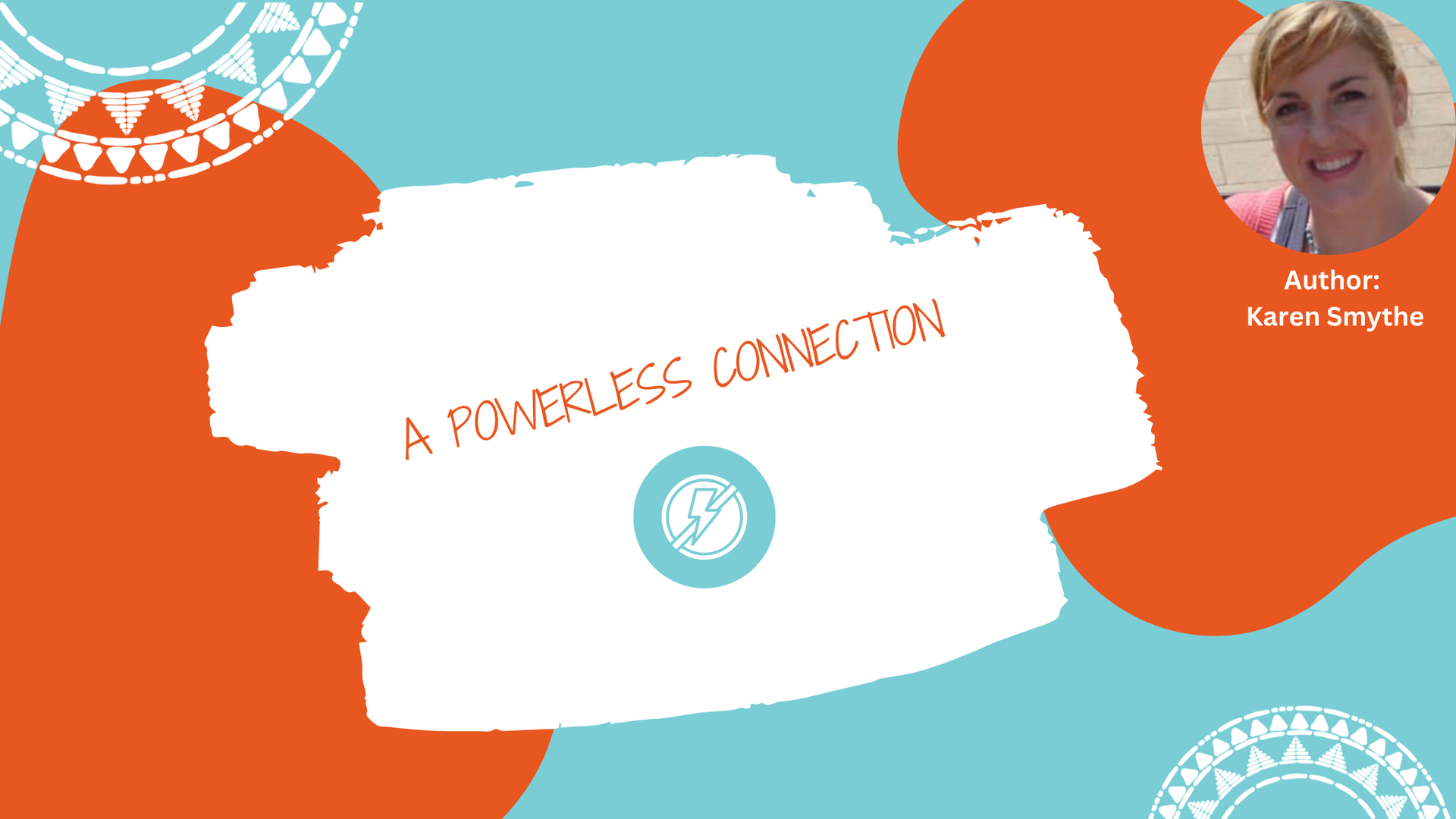Relationships First is the RP model used by one of my mentors and dear friend from Newfound Land, dr. dorothy vaandering. I love the simplicity of this overarching intention. It is a wonderful compass to guide all that we do in schools - from our relationship with learning, the relationship between our school improvement plans and the people they seek to serve, the connection between colleagues, amongst students, and amidst our school communities- Relationships First!
What might this look like in practice?
Connection Before Curriculum in Our Classrooms!
It could be as simple as connection before curriculum, especially important at the start of the school year when we may be trying to hotwire connection and create some safety and belonging with new students. I’m so very proud of our RP Student Mentor - Be Here, Be You, Belong programme that many of our schools began this academic school year with - seeing images on social media of the connection and relational space the senior students built for incoming first years brings me so much joy..
Dorothy also stretched my thinking around Relationships First further when she suggested that we not only connect before but
connect through curriculum
- I loved this reframe. Facilitating students to identify their personal scripts through stories they encounter in English class, or perhaps allowing students to see themselves in mathematical equations using relatable data, or using academic prompts such as ‘What was your favourite part / the part you struggled with the most in today’s lesson?’ are as important as using relational one-word-whizz check-ins at the beginning of class. (you’ll see our one-word-whizz series if you follow Connect RP on social media). Bringing restorative language and relational thinking into the classroom by inviting students to use the restorative questions to unpack the subtext of a character or to guide an introspective diary entry of a character in English class to explore the past-present-future grammatical tenses in a language classroom, are just a few ways to foster connection through our curriculum. I love learning from teachers about the many other ways they may seek to do this in their classrooms.
Looking at the relationship between what we learn and how we learn - focussing on our relational pedagogy is key! One of my favourite parts of the face to face workshops we deliver is modelling relational pedagogy while learning about RP - but of course we can apply such methodologies while learning about volcanoes or photosynthesis too. It is paramount when nurturing a restorative classroom or indeed school, we look at developing methodologies and whole school preferred relational practices that acknowledge the importance and impact of process - the relationship between how we learn on what we learn. If you would like to know more and engage in an actual experience of this you can check out a list of the workshops, dates and venues on offer this year on our website
workshops page here

Modelling ‘Relationships First’ in our Staff Rooms
One of my other wonderful mentors says ‘ if we are not modelling what we teach, we are teaching something else (Belinda Hopkins).

I think this reminds us, in a school growing its commitment to Restorative Practice, we need to live the restorative principles we espouse through staff and team gatherings, through not only what we say but also the processes we use. One of the most memorable staff gatherings I can remember being a part of is one where we as a staff of 70 we had a walking debate around issues we were grappling with as a community, where they were mixed views and opinions on how best to approach discipline issues on the corridors - the opinions ranged from a zero tolerance approach of ‘ 3 strikes and you’re out’ to a more restorative approach of looking at the context and our area of influence as educators, exploring how we best meet issues - ‘Who do I want to be in this situation?’. The walking debate as a process facilitated a safety and equity of voice amongst the community to take a snapshot of the mixed lenses and experiences within the room.
But what’s more, once the differences were acknowledged, it allowed an openness to the second part of the session where we had solution-focussed circles around the identified issues - tapping into the collective wisdom of the community rather than just one or two voices dominating the staff meeting, creating a constructed environment that is hard to speak up in. As members of staff, as humans, we all have a voice, we all have power

but we need to create conditions in our staff rooms, in our classrooms and corridors, where this can emerge. I remember being so nervous before facilitating this staff session, it was out of my comfort zone and indeed a risk but all relationships involve risk. Hand on heart, at
6pm you could visibly see staff actively engaging in the circles and many of whom came up to me to share appreciation about the process we used, even those who would openly say they were not ‘big fans’ of RP but it seemed they appreciated experiencing a restorative process in the staffroom. People always ask about staff ‘buy-in’, in my experience nothing will trump an experience for people than a space , a process where they feel valued, seen and heard. Such staff room cultures are nurtured and built, they happen by design, with intention and practice of using relational practices and processes that honour Relationships First!
School Culture is a living thing and it is about thinking big and acting with consistent small steps… our
Restorative Us Plus
programme supports a school with just that. Offering a staff CPD and mentoring an RP team within a school to grow their own practice and over time to facilitate your school’s RP Growth Plan by ‘leaning in’ to staff room practices that promote connection, reflection and an equity of voice in small, manageable, time efficient ways that are sustainable, especially with the Connect RP resources and scaffolds we offer to encourage RP to be on the agenda of every staff meeting for 5-10 mins, but as illustrated in the example above, adopting a restorative approach throughout staff gathering, no matter what is on the agenda to discuss, is the goal! I believe this happens by design.
If you are a principal or deputy principal you would like to know more about The Art of Relational School Culture Leadership you can sign up to one of our new workshop on
29th Nov
or
11th April
in Dublin West Ed Centre.





